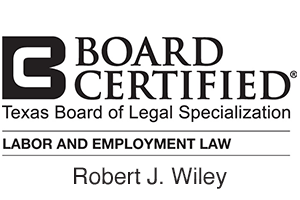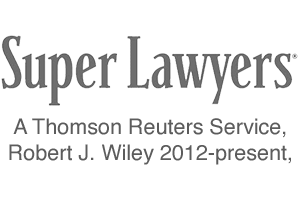in Austin, Texas
Religious Discrimination
Religious Discrimination Is Unlawful
The right to freedom of religion is one of the oldest and most important rights in American society, and Austin Employment Lawyers, P.C.’s Austin religious discrimination lawyers regularly fight to secure it for Texan workers. Religious freedom appears in the Bill of Rights as part of the 1st Amendment, which prohibits limits on the free exercise of religion. In the workplace, religious discrimination is prohibited by Title VII of the Civil Rights Act and by the Texas Labor Code, which forbid employers from taking adverse action against their employees based on their religion and even requires that employers accommodate an employee’s religious beliefs. These laws protect all sincerely held religious and spiritual beliefs, and are not limited to traditional organized religions. Atheists and agnostics are also protected from discrimination based on their beliefs.
Some Common Types of Religious Discrimination
Companies do not usually make it clear that they are discriminating against workers due to their religion. However, it is illegal to discriminate against employees of a different religion when hiring, firing, or promoting them, or when offering opportunities for training. If you find that employees belonging to one religion consistently get opportunities in your workplace that others do not, even when they are less skilled or qualified, your employer may be engaging in religious discrimination. If you are in a job interview or a performance review, and you are asked questions about your religion, that is a warning sign that your employer may be prepared to discriminate against you. Religion should have no place in hiring decisions or personnel decisions within most workplaces.
Both federal and state law require employers to make reasonable accommodations for employees’ religious practices. Examples of such reasonable accommodations include reassignments or modification of duties, alterations to a dress code, or shift swapping to accommodate religious holidays or events. Employers who refuse to make reasonable accommodations, or threaten or retaliate against employees who request them, are likely to be participating in religious discrimination.
Discrimination based on religious clothing is also prohibited. Employers who segregate their employees based on religious garb, or discipline employees for wearing religious headwear such as headscarves and yarmulkes, risk violating their employees’ rights under the law. Religious customs involving hairstyles or facial hair, such as those practiced by the Sikhs, are also generally protected by anti-discrimination law. Employers may only prohibit religious dress or grooming practices if allowing them would cause safety problems or undue hardship, and this is rare. Further, it is no excuse for an employer to prohibit certain religious dress or hairstyles based on customer or client preferences.
When harassment based on religious belief is severe or pervasive, employers may be guilty of discrimination by creating a hostile environment in the workplace. The harassment, which may include jokes about religious practices or references to stereotypes about religious beliefs, must be severe or pervasive enough that the terms and conditions of the job are altered. If such a hostile environment is found to exist, the employer may be found guilty of discrimination even if they have not fired or demoted you.
When Can You Bring a Claim?
Texas state law requires you to bring a claim for religious discrimination within 180 days of the incident, while federal law requires that you do so within 300 days. These time limits can be unforgiving, so it’s important to talk to an attorney immediately if you have been a victim of religious discrimination. If you think you’ve been discriminated against or retaliated against, or believe you might have a case, please contact one of our Austin religious discrimination lawyers today. You can do so by filling out our contact form or calling our office at (512) 271-5527.







